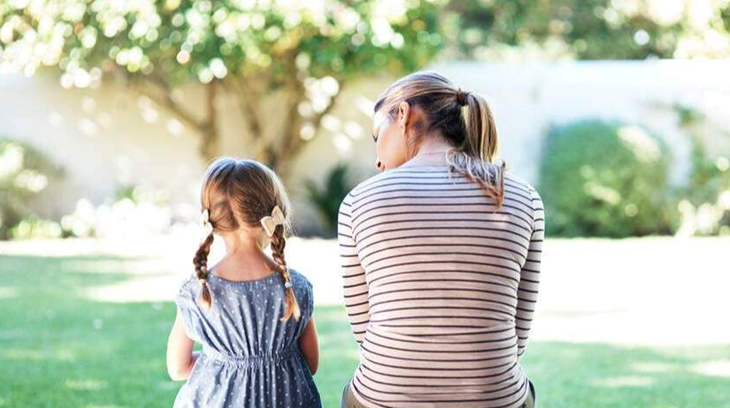1-7 September is National Child Protection Week in Australia. In the context of child protection, religious entities are typically framed as a risk to children, but research demonstrates that communities of faith can play a significant protective role in the lives of young people.
Over the past decade, attention has rightly been drawn to too many situations in which children and young people were harmed while in the care of churches and church organisations. This has happened around the world and across all denominations. Sadly, churches have often been very poor in their response to those victims of abuse and the inaction, or worse cover ups, has compounded the harm done by abuse. In Australia, significant research was conducted through the Royal Commission into Institutional Responses to Child Abuse and legal obligations have been significantly strengthened in the area of child protection. The church should, and the Uniting Church of Australia does, welcome these steps to provide greater transparency and accountability.
In the light of these abhorrent incidents and harmful systems, it is easy to believe that church is a net negative for children and young people. And yet there is significant research to suggest that communities of faith have the capacity to play a significant positive role in their lives. In a wide ranging review, research by McLeigh and Taylor in 2020 found that faith communities could provide support for family wellbeing, mental health and physical health as well as resources for families to better care for their children and mitigating factors known to influence abuse. Earlier research also specifies that the protective effects were most often associated with an understanding of God as loving.
A sense of community and the experience of being connected or belonging can be a significant protective factor for children and young people. Fuller Youth Institute highlights the importance of intergenerational relationships for resilience and faith development. Tim Moore, a researcher with the Australian Institute of Child Protection Studies, emphasizes the importance of valuing children’s voices in our organizational communities and notes that this can have a positive impact across the life of the child.
A culture of safety is not predominantly about legal obligations and risk mitigation. We hope to demonstrate God’s love for children and young people (and everyone) in the way that we care for them and take positive steps to promote respectful relationships, safe environments and empowering opportunities to develop. As children and young people are affirmed in the fact that they are intrinsically valuable and created in God’s image and worthy of care and dignity, this contributes to their positive sense of self and their resilience to potential harm. As we take time to listen to their voices and value their opinions, children and young people learn to speak up about situations where they may not feel safe or to report instances of harm.
In light of these opportunities, it is important that we redouble our efforts to make sure that our churches are safe for young people and their families so that they are able to experience the benefits of community and, ultimately, the love of God.
Katie Watson, Head of Culture of Safety, Uniting Church Synod of NSW and ACT















2 thoughts on “National Child Protection Week”
Thank you so much for your missional response to the children and young people
Please send me regular posts about the churches response to addressing issues